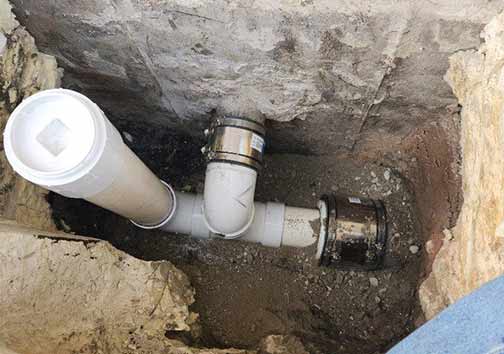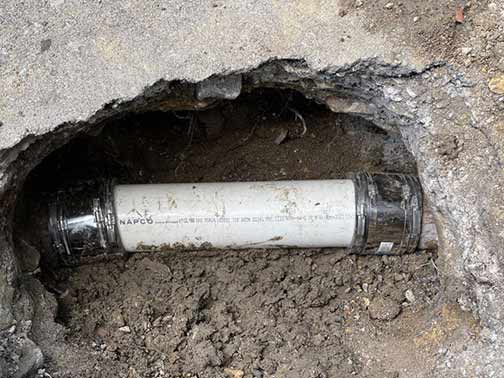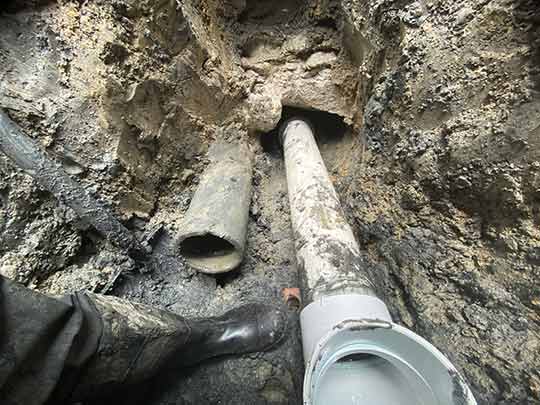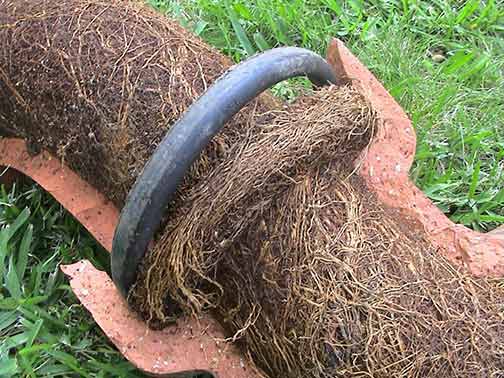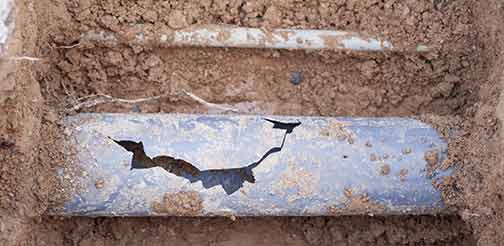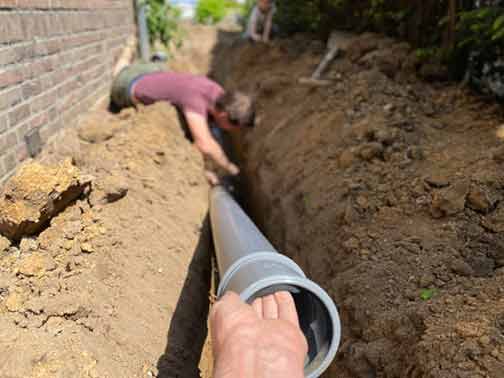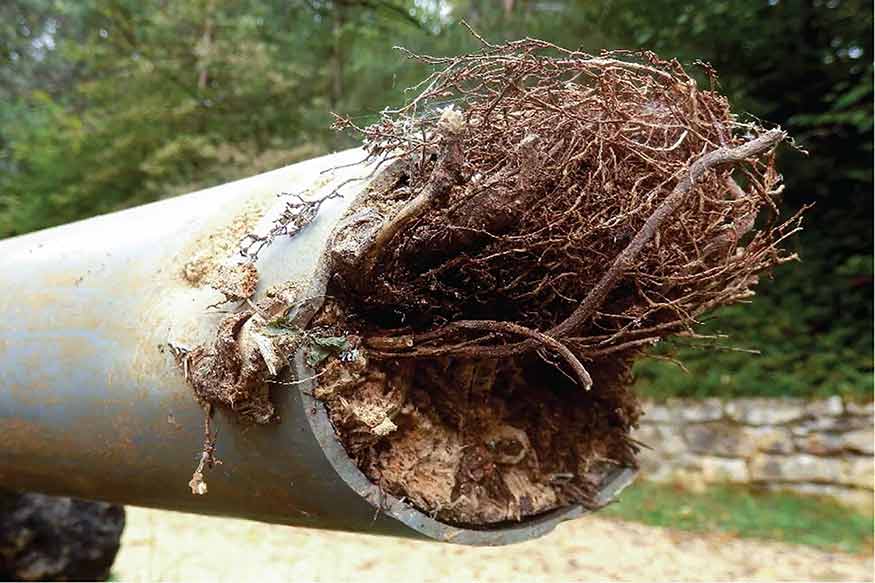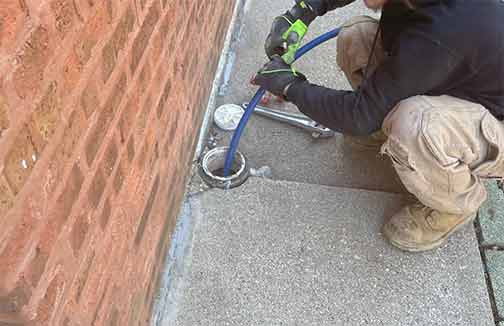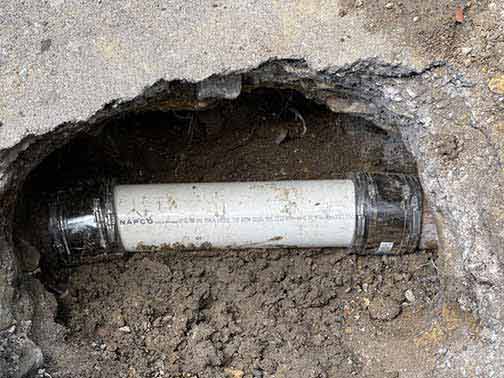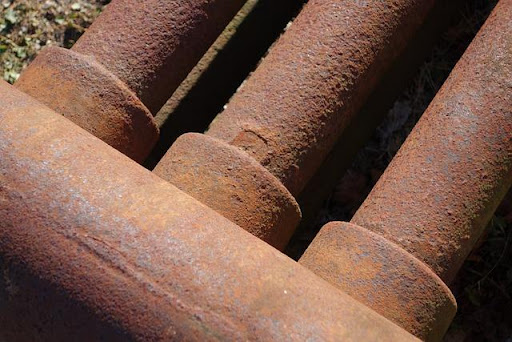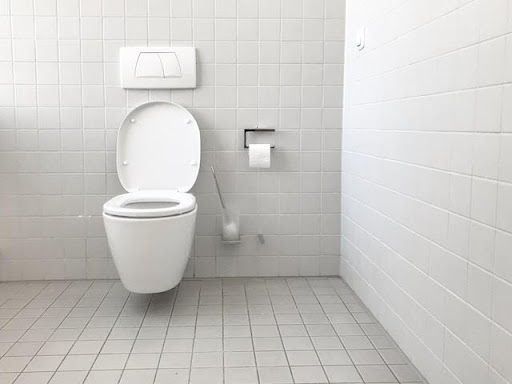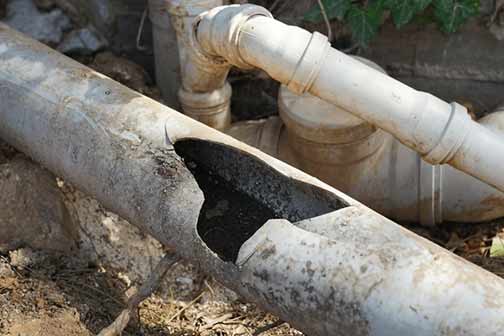
Sewer line damage is a critical issue that homeowners and property managers may face, often leading to significant inconvenience and expense if not addressed promptly. Understanding the nature of sewer line damage and the potential causes is the first step in effectively managing and mitigating these problems. Sewer lines are essential components of a property’s plumbing system, responsible for transporting wastewater from the home to the municipal sewer system or a septic tank. Damage to these lines can result in leaks, blockages, or even complete system failure, leading to unpleasant odors, water damage, and potential health hazards. The complexity of sewer line systems necessitates a thorough understanding of their function and potential vulnerabilities, empowering property owners to take proactive measures in safeguarding their plumbing infrastructure.
Identifying the Warning Signs of Sewer Line Damage: Key Indicators to Watch For
Recognizing the warning signs of sewer line damage early can prevent costly repairs and extensive property damage. Some common indicators include slow drains, frequent clogs, foul odors emanating from drains or the yard, and unusually lush patches of grass, which may indicate a leak. Additionally, gurgling noises from drains and the presence of mold or mildew in unexpected areas can also signal sewer line issues. It is crucial to address these signs promptly to prevent further damage and to maintain the integrity of your plumbing system. Homeowners should be vigilant in monitoring their plumbing systems for these signs, as early detection is key to minimizing disruption and expense.
Common Causes of Sewer Line Damage: Understanding the Root of the Problem
Several factors can contribute to sewer line damage. Tree roots are one of the most common culprits, as they can infiltrate pipes in search of moisture, causing cracks or blockages. Other causes include aging pipes that have deteriorated over time, ground shifting or settling, and improper installation or maintenance. Additionally, flushing inappropriate items down the drain, such as grease, wipes, or sanitary products, can lead to blockages and damage. Understanding these causes can help homeowners take preventive measures to protect their sewer lines. By being aware of the potential threats to their plumbing systems, property owners can implement strategies to mitigate these risks effectively.
Professional Techniques for Diagnosing Sewer Line Issues: Precision in Detection
When faced with potential sewer line damage, it is essential to engage the services of a professional plumber or sewer specialist. These experts utilize advanced techniques and equipment to accurately diagnose the problem. One common method is sewer camera inspection, where a small camera is inserted into the sewer line to visually assess the condition of the pipes. This technique allows for precise identification of blockages, cracks, or other issues without the need for extensive excavation. Additionally, professionals may use hydro jetting or trenchless technology to address and repair damage efficiently. The expertise and technological tools employed by professionals ensure that sewer line issues are diagnosed with precision and efficiency, minimizing disruption and cost.
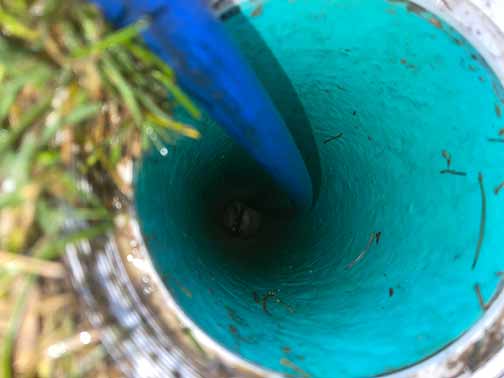
Effective Strategies for Sewer Line Repair and Maintenance: Ensuring Longevity
Once sewer line damage has been identified, it is crucial to implement effective repair and maintenance strategies. Depending on the severity of the damage, options may include pipe relining, which involves inserting a new lining into the existing pipe to seal cracks, or pipe bursting, where a new pipe is pulled through the old one, breaking it apart. Regular maintenance, such as periodic inspections and cleaning, can also help prevent future issues and extend the lifespan of your sewer system. Engaging a professional for routine maintenance can ensure that potential problems are detected and addressed early. By adopting a proactive approach to sewer line maintenance, property owners can safeguard their plumbing systems against future damage and ensure their longevity.
Preventive Measures to Protect Sewer Lines: Proactive Protection Strategies
Preventing sewer line damage is often more cost-effective than dealing with repairs. Homeowners can take several measures to protect their sewer lines, such as being mindful of what is flushed down the drains and ensuring that trees and shrubs are planted at a safe distance from sewer lines. Regular inspections by a professional can also help identify potential issues before they become significant problems. Additionally, installing backflow prevention devices can protect against sewer backups, providing an extra layer of security for your plumbing system. By implementing these preventive measures, property owners can reduce the risk of sewer line damage and protect their investment.
The Importance of Professional Expertise in Sewer Line Management: Ensuring Optimal Outcomes
While some minor plumbing issues can be addressed by homeowners, sewer line damage requires the expertise of a professional. These specialists have the necessary training, experience, and equipment to accurately diagnose and repair complex sewer line issues. Attempting to fix these problems without professional assistance can lead to further damage and increased costs. Engaging a qualified plumber ensures that repairs are performed safely and effectively, protecting both your property and your peace of mind. The involvement of professional expertise in sewer line management is crucial for ensuring optimal outcomes and safeguarding the integrity of your plumbing system.
Conclusion: Mastering Sewer Line Management with Expertise and Precision
Addressing sewer line damage with precision and expertise is crucial for maintaining the integrity of your property’s plumbing system. By understanding the warning signs, causes, and professional techniques for managing sewer line issues, homeowners can take proactive steps to protect their investment. Regular maintenance and preventive measures, combined with the expertise of a sewer line repair professional, can help ensure that sewer line problems are addressed swiftly and effectively, minimizing disruption and expense. Mastering sewer line management requires a comprehensive approach, integrating knowledge, preventive strategies, and professional expertise to achieve optimal outcomes.

